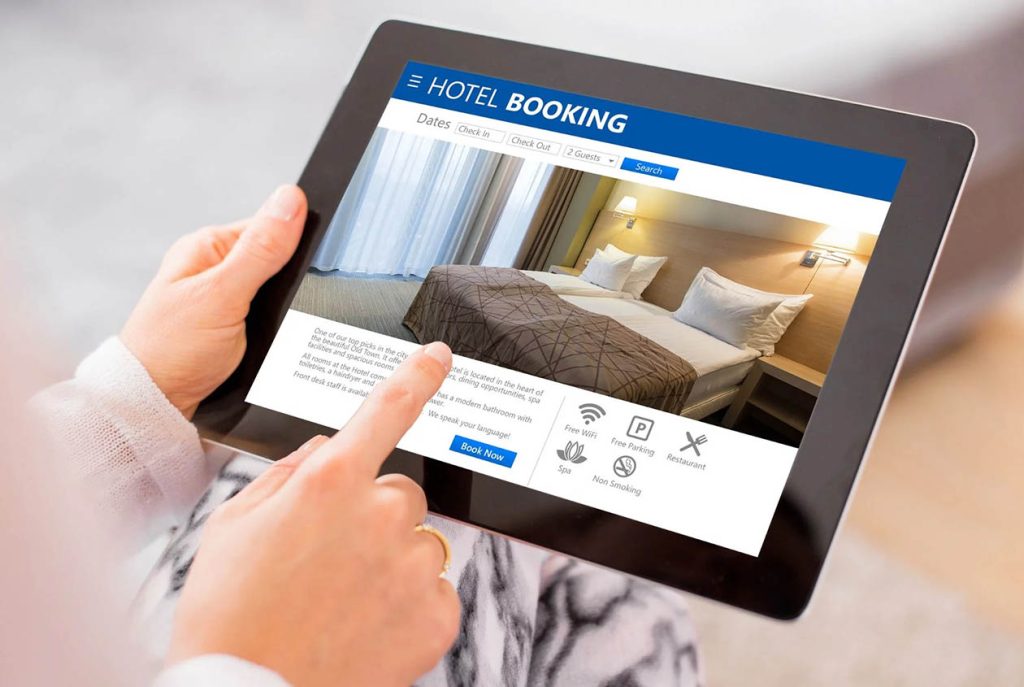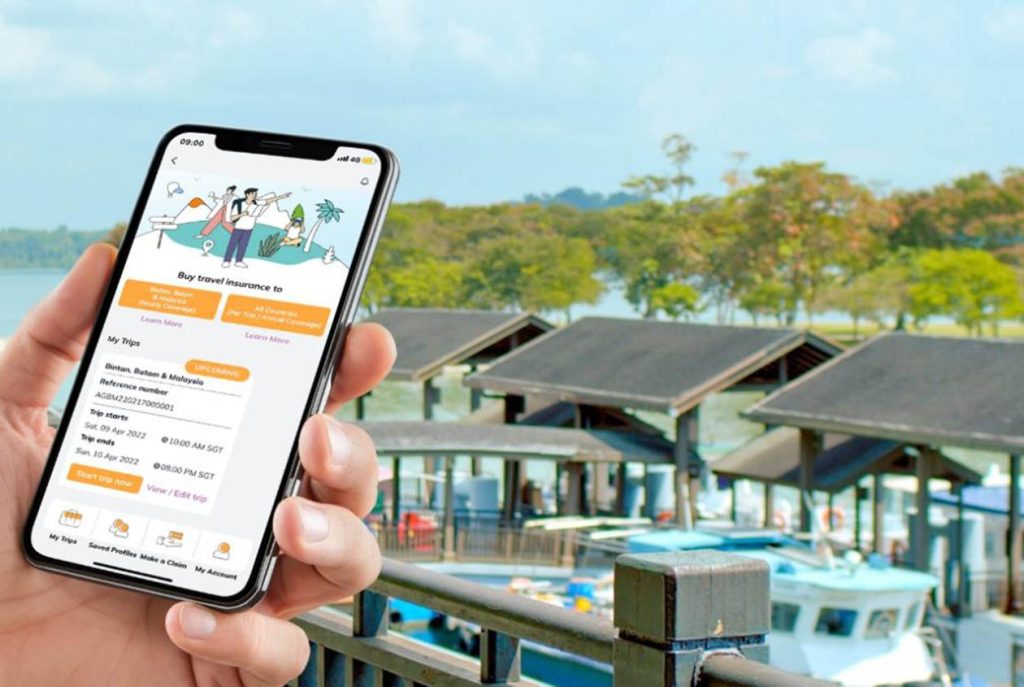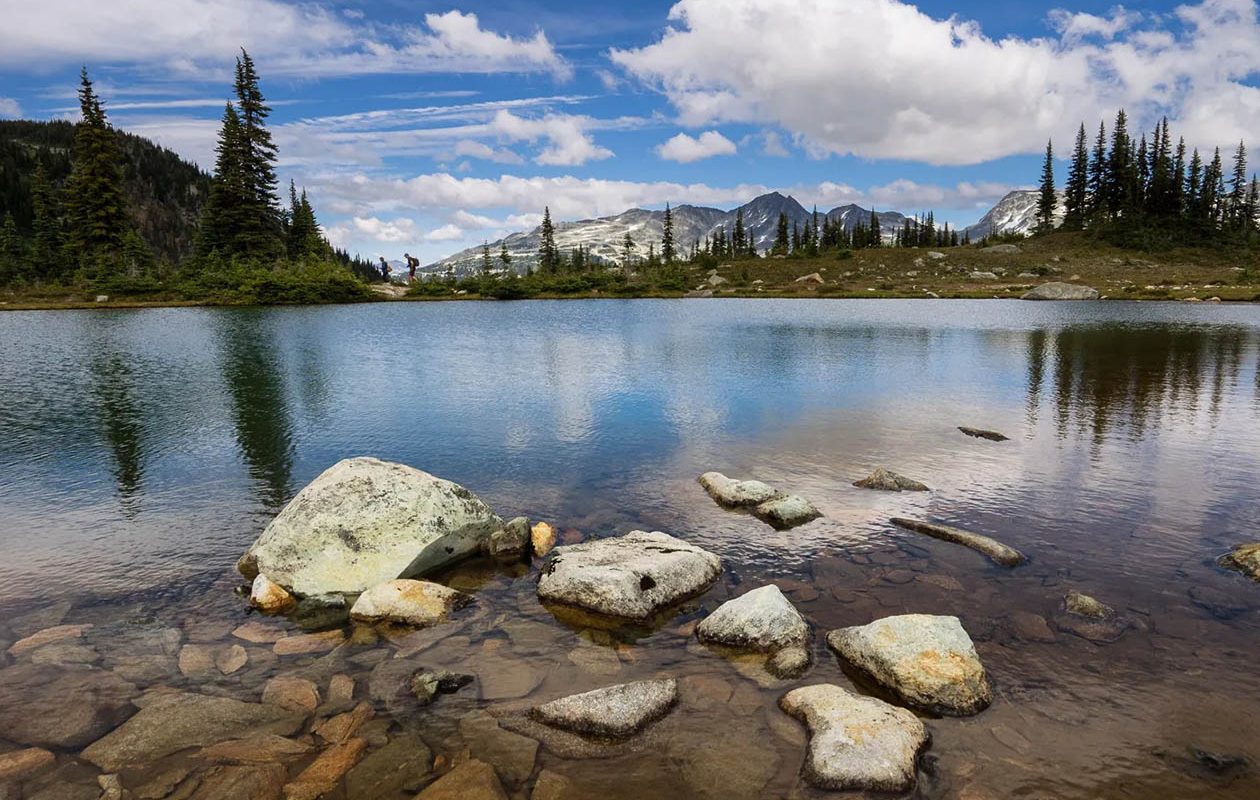I often receive questions about how to independently plan a trip. Whether you’re a first-time traveler or have some experience, planning your own travel itinerary allows you to delve deeper into your destination and create a more personalized and unique experience. Today, I’ll use the Quiberon Peninsula in France as an example to explain how to plan a trip step-by-step.
1. Choose Your Travel Destination
The first step in planning a trip is to select a suitable destination. The Quiberon Peninsula, located in the Brittany region of France, is a beautiful seaside town renowned for its stunning coastline and rich historical heritage. If you enjoy maritime landscapes, historical sites, and outdoor activities, the Quiberon Peninsula is an ideal choice.
How to Choose Your Destination:
- Interests: Determine whether you are more interested in natural scenery, historical sites, or urban exploration.
- Weather: Choose a destination with favorable weather for your travel dates. For example, the Quiberon Peninsula is pleasantly warm in August and September, making it an ideal time for travel.
- Activities Available: Research the types of activities available, such as hiking, beach relaxation, and historical tours.
2. Determine Your Budget
Creating a budget is crucial for ensuring your trip goes smoothly. Your budget should include not only flights and accommodation but also dining, transportation, activities, and unexpected expenses.
How to Create a Budget:
- Transportation Costs: Include flights, train tickets, taxis, etc.
- Accommodation Costs: Hotels, vacation rentals, or hostels.
- Dining Costs: Daily meal budget, including dining out and self-catered meals.
- Activity Costs: Entrance fees for attractions, guided tours, etc.
- Emergency Fund: Set aside some extra money for unexpected expenses.
3. Book Your Transportation
Transportation arrangements are a vital part of travel planning. You’ll need to book flights, train tickets, or other modes of transport from your departure point to your destination and also arrange local transportation.
How to Book Transportation:
- International Flights: Book flights to the nearest major airport, such as those in Paris or Brest. From there, you can reach the Quiberon Peninsula.
- Domestic Travel: Take a train from Paris to Quiberon, or rent a car and drive.
- Local Transportation: Use local buses, taxis, or rent bicycles for getting around the peninsula.
Specific Recommendations:
- Flights: Use platforms like Skyscanner or Google Flights to compare and book flights.
- Train Tickets: Book tickets through SNCF or Trainline.
- Car Rental: Use rental platforms such as Rentalcars or Hertz.
4. Create Your Travel Itinerary
A detailed travel itinerary helps you make the most of your time and ensures you don’t miss any important sights. Given the unique attractions of the Quiberon Peninsula, such as beaches, historical sites, and natural beauty, planning daily activities is crucial.
How to Create an Itinerary:
- List Attractions: Include must-see places like the Pointe du Percho, the wild coastline, and the Château de Turpault.
- Schedule Time: Arrange activities according to the opening times and distances between sites.
- Allow Flexibility: Leave some free time to adjust plans based on real-time circumstances.
5. Book Accommodation
Choosing comfortable accommodation is key to ensuring a pleasant stay. The Quiberon Peninsula offers a range of options, from luxurious hotels to cozy guesthouses.
How to Book Accommodation:
- Type of Accommodation: Choose from hotels, guesthouses, or vacation rentals based on your budget and needs.
- Booking Platforms: Use websites like Booking.com, Airbnb, or Expedia to compare and book accommodations.
- Read Reviews: Check reviews from other travelers to get a sense of what to expect.
Recommended Accommodation:
- Hotel Port Lligat: Offers upscale amenities and quality service, close to major attractions.
- Hôtel des Deux Continents: A comfortable mid-range hotel, ideal for families.
- Hôtel Le Neptune: Conveniently located near beaches and restaurants.

6. Book Local Transportation
Besides pre-arranged transportation, you might need to book additional local transport, such as bicycle rentals or electric scooters.
How to Book Local Transportation:
- Car Rentals: Many local rental companies offer car rentals, like Europcar or Avis.
- Bike Rentals: Many hotels and rental shops offer bike rentals, which are great for exploring the town.
7. Book Your Activities
Booking popular activities and attraction tickets in advance can help you avoid missing out due to high demand.
How to Book Activities:
- Online Booking: Use activity providers’ websites or travel platforms like GetYourGuide or Viator.
- Advance Tickets: Purchase tickets for popular sites like the Île de Saint-Cado ahead of time.
8. Make Administrative Arrangements (if needed)
Depending on your travel needs, you might need to handle administrative tasks such as obtaining visas or vaccinations.
How to Handle Administrative Arrangements:
- Visa Application: Check if you need a visa for France and apply in advance.
9. Manage Your Payment Methods
Ensure you use secure payment methods during your trip and carry enough cash and credit cards.
How to Manage Payment Methods:
- Credit Cards: Most international credit cards are accepted in France.
- Cash: Prepare some euros for small shops and markets that might not accept cards.
10. Manage Your Phone and Internet Plans
To stay connected with family and friends and access the internet, ensure you have the appropriate phone and data plans.
How to Manage:
- International Roaming: Activate international roaming on your phone to make calls and use data.
- Local SIM Card: Consider buying a local SIM card in France for more cost-effective data usage.
11. Purchase Travel Insurance

Travel insurance is an important measure to protect yourself from unforeseen events. Choose insurance that covers medical emergencies, trip cancellations, and loss of belongings.
How to Choose Travel Insurance:
- Compare Insurance Providers: Use platforms like Compare.com to compare insurance plans.
- Select Coverage: Choose insurance coverage based on the risks associated with your trip.
12. Learn About the Country
Understanding basic information and cultural customs of your destination helps you integrate better into local life.
How to Learn About the Destination:
- Travel Guides: Read travel guides and blogs about the Quiberon Peninsula and France.
- Learn Basic Phrases: Learn some French phrases to communicate with locals.
- Understand Local Customs: Familiarize yourself with French cultural norms and etiquette, such as dining customs and public behavior.
By following these steps, you can effectively plan your trip and ensure that every detail is well-managed. The Quiberon Peninsula, with its stunning natural beauty and historical sites, offers a wealth of experiences worth exploring. I hope this guide helps you plan a memorable trip.



